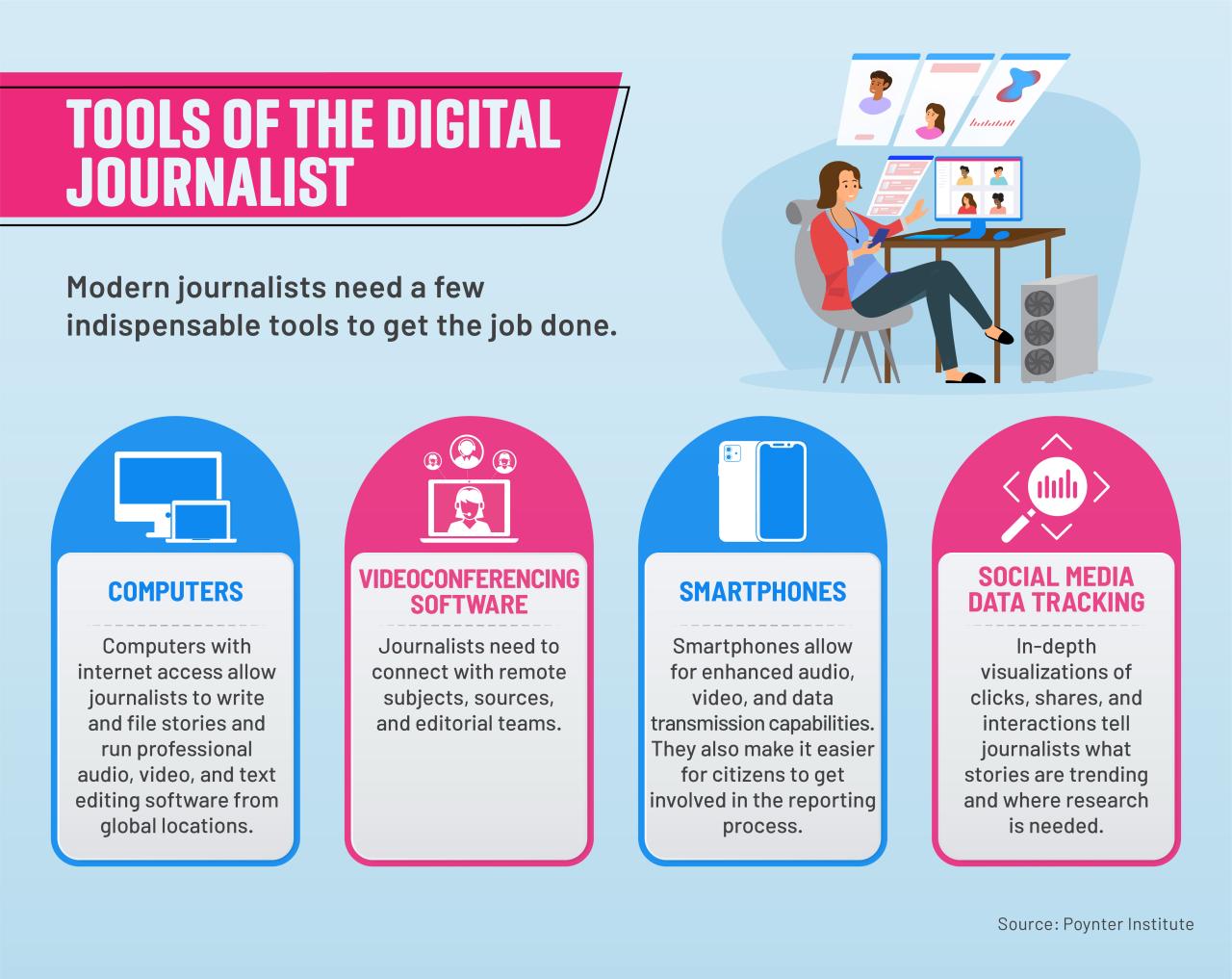The digital age has revolutionized news distribution, and WhatsApp has emerged as a powerful platform for sharing and consuming news. With its ease of use, accessibility, and end-to-end encryption, WhatsApp has transformed the way news is disseminated and consumed.
This essay will explore the impact of WhatsApp on news distribution, examining its advantages and challenges, and its implications for journalism in the digital age. We will also provide a list of frequently asked questions and their answers to provide a comprehensive understanding of the topic.
Introduction to WhatsApp’s Impact on News Distribution

The digital age has revolutionized the way we consume news. With the advent of social media and mobile devices, news is now available to us 24/7. WhatsApp, in particular, has emerged as a major player in news distribution.WhatsApp is a free messaging app that allows users to send text messages, voice messages, images, and videos.
It has over 2 billion active users worldwide, making it one of the most popular social media platforms. In recent years, WhatsApp has become increasingly popular as a source of news.There are several reasons for this. First, WhatsApp is a very convenient way to stay up-to-date on the latest news.
Users can simply join groups or follow news outlets on WhatsApp and receive updates directly to their phones. Second, WhatsApp is a very personal platform. Users can share news with their friends and family, and they can also get their own news updates from people they trust.
Advantages of WhatsApp for News Distribution

WhatsApp offers several advantages for news distribution, making it a popular platform for journalists and news organizations. Its ease of use, accessibility, and privacy features have contributed to its widespread adoption in the digital news landscape.
Ease of Use and Accessibility
WhatsApp’s user-friendly interface and cross-platform compatibility make it easily accessible to a vast audience. Its simplicity allows users to share news articles, videos, and images with ease, even in areas with limited internet connectivity. This accessibility has made WhatsApp an essential tool for news distribution, particularly in regions where traditional media outlets may not have a strong presence.
End-to-End Encryption
WhatsApp’s end-to-end encryption ensures the privacy of communication, providing an added layer of security for journalists and news organizations. This encryption protects sensitive information, such as sources and unpublished news stories, from being intercepted by third parties. The enhanced privacy features of WhatsApp have made it a preferred platform for sharing confidential news-related content.
Citizen Journalism
WhatsApp has empowered citizen journalists by providing them with a platform to share news and information from the ground. In situations where traditional journalists may not have access or are restricted, citizen journalists can use WhatsApp to report on events and provide eyewitness accounts.
This has contributed to the democratization of news and has allowed for a more diverse range of voices to be heard.
Challenges of WhatsApp for News Distribution
WhatsApp’s closed and encrypted nature presents challenges for news distribution. The lack of transparency and accountability makes it difficult to verify the authenticity of information shared within groups. This has led to concerns about the spread of misinformation and fake news.
Echo Chambers
WhatsApp groups are often closed communities where members share similar beliefs and perspectives. This can lead to echo chambers, where individuals are only exposed to information that reinforces their existing views. This can make it difficult for people to access diverse perspectives and challenge their own beliefs.
Propaganda and Hate Speech
WhatsApp has also been used to promote propaganda and hate speech. The closed nature of groups makes it easy for individuals to spread harmful content without being held accountable. This can have a negative impact on society, as it can lead to the spread of prejudice and discrimination.
Impact on Journalism in the Digital Age
WhatsApp has profoundly influenced the role of traditional journalists and the way news is reported and consumed in the digital age. Let’s delve into the impact of WhatsApp on journalism and the challenges and opportunities it presents.
One significant impact of WhatsApp is the shift in the role of journalists from gatekeepers to facilitators. In the traditional media landscape, journalists held the power to decide which news stories were published or broadcast. However, with the rise of social media and WhatsApp in particular, anyone can share news and information, bypassing the traditional gatekeepers.
Challenges Faced by Journalists
This shift has presented challenges for journalists. One major challenge is verifying the accuracy of information shared on WhatsApp. Due to its end-to-end encryption, WhatsApp messages cannot be intercepted by third parties, making it difficult for journalists to verify the authenticity of information.
Moreover, WhatsApp groups can be closed and exclusive, further limiting journalists’ access to news sources.
Another challenge is the spread of misinformation and disinformation on WhatsApp. The platform’s ease of use and rapid message dissemination make it an ideal tool for spreading false or misleading information. This can make it difficult for journalists to separate fact from fiction and can undermine public trust in the media.
Opportunities for Journalists
Despite the challenges, WhatsApp also presents opportunities for journalists. The platform’s ubiquity and popularity provide journalists with a direct line to a vast audience. By engaging with audiences on WhatsApp, journalists can build relationships, distribute news, and gather feedback.
WhatsApp can also be used for investigative journalism. The platform’s encryption and privacy features allow journalists to communicate securely with sources, protecting their identities and enabling them to share sensitive information.
Future Prospects and Recommendations
WhatsApp’s role in news distribution is poised to continue evolving. As the platform grows and new features are introduced, journalists and media organizations will need to adapt their strategies to effectively reach audiences.One key aspect for the future of WhatsApp news distribution is the need for media literacy and critical thinking.
With the ease of sharing information on WhatsApp, it becomes crucial for users to be able to discern credible sources, identify misinformation, and critically evaluate the news they consume.
Recommendations for Journalists and Media Organizations
To effectively use WhatsApp for news dissemination, journalists and media organizations should consider the following recommendations:
- Establish a clear strategy for WhatsApp usage, defining goals, target audience, and content format.
- Create engaging and shareable content that resonates with the WhatsApp audience, utilizing multimedia formats like images, videos, and audio.
- Build a strong community by encouraging audience participation, feedback, and discussions.
- Collaborate with influencers and community leaders to amplify reach and credibility.
- Use WhatsApp’s features, such as broadcast lists and group chats, to segment audiences and tailor content accordingly.
- Prioritize accuracy and reliability, adhering to ethical guidelines and verifying information before sharing.
Last Word
In conclusion, WhatsApp has had a profound impact on news distribution, presenting both opportunities and challenges for journalism in the digital age. While it has facilitated the spread of information and citizen journalism, concerns about misinformation and echo chambers remain.
As WhatsApp continues to evolve, it is crucial for journalists, media organizations, and consumers to adapt to this dynamic landscape, promoting media literacy and critical thinking to ensure the responsible and ethical use of WhatsApp for news dissemination.
Q&A
How has WhatsApp contributed to citizen journalism?
WhatsApp has empowered individuals to report on events and share their perspectives, enabling them to play a more active role in newsgathering and dissemination.
What are the ethical concerns surrounding WhatsApp’s use for news distribution?
The closed nature of WhatsApp groups can lead to the spread of misinformation and propaganda, as users may be more likely to trust information shared within their own networks.
How can journalists effectively use WhatsApp for newsgathering and engagement?
Journalists can use WhatsApp to connect with sources, gather information, and distribute news updates, fostering a more direct and interactive relationship with their audience.



